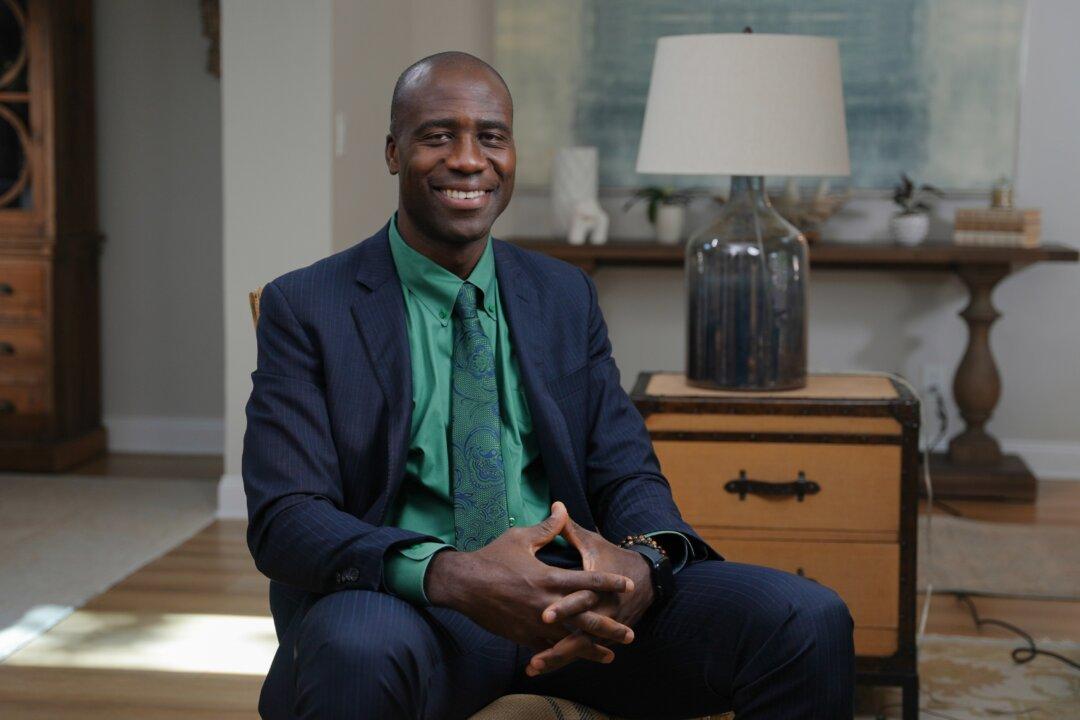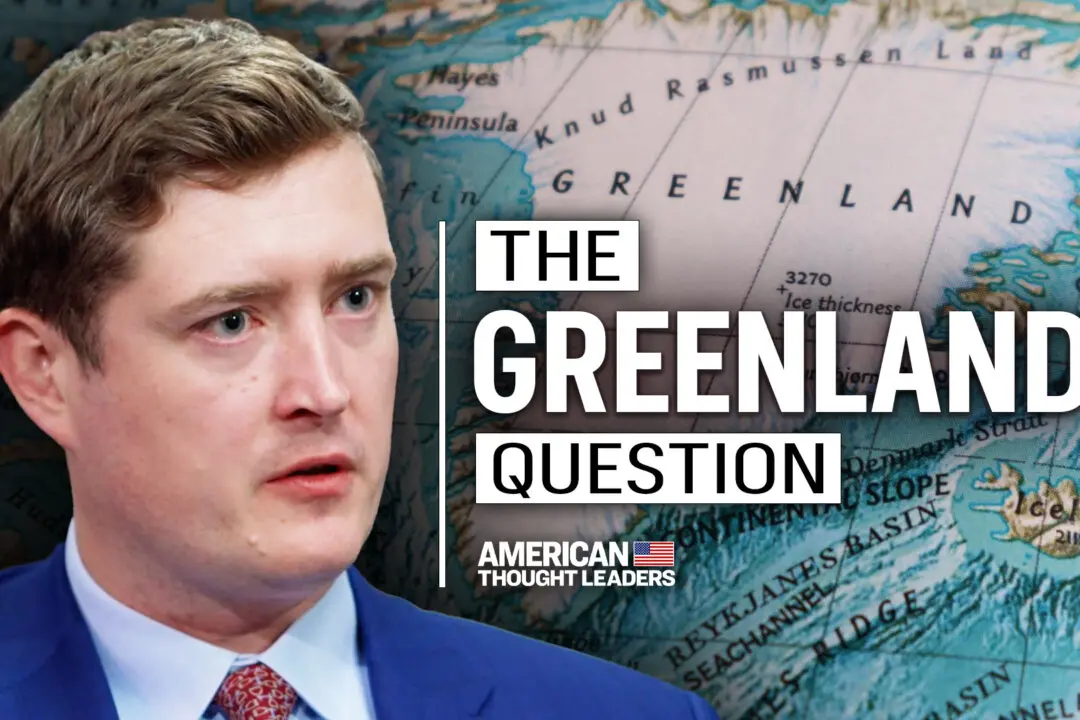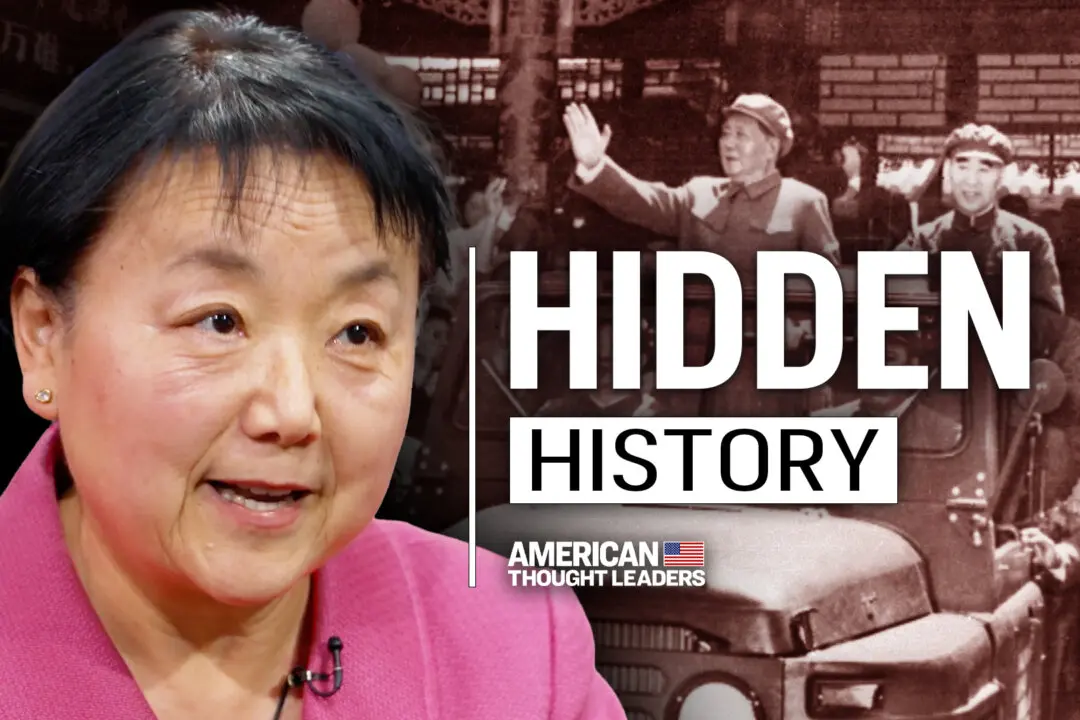Dr. Joseph Ladapo, Florida’s surgeon general, recently advised healthy men aged 18 to 39 not to get the mRNA COVID-19 vaccines after an analysis by the state’s Department of Health found sharp increases in the risk of cardiac-related deaths post-vaccination.
In this recent episode of “American Thought Leaders,” host Jan Jekielek discusses the vaccine with Ladapo as well as his personal journey as detailed in his new book, “Transcend Fear: A Blueprint for Mindful Leadership in Public Health.”






